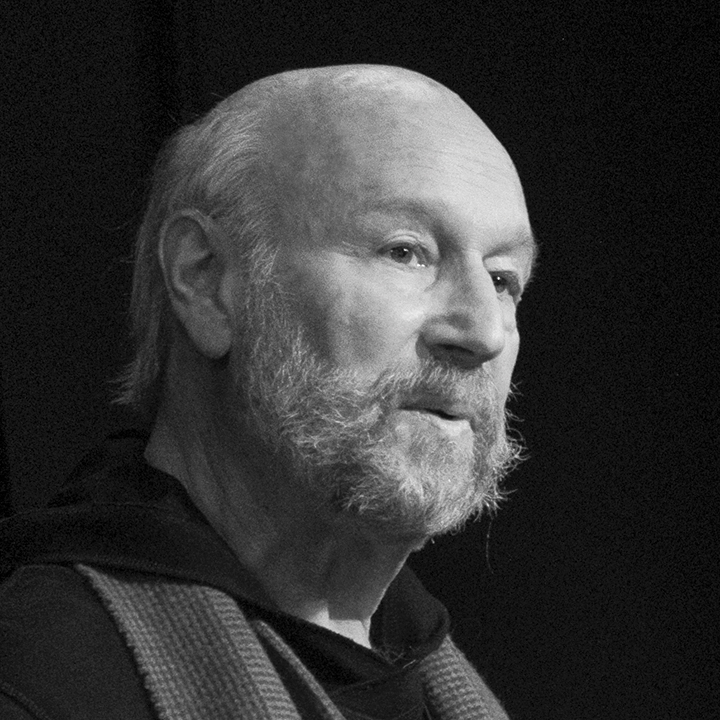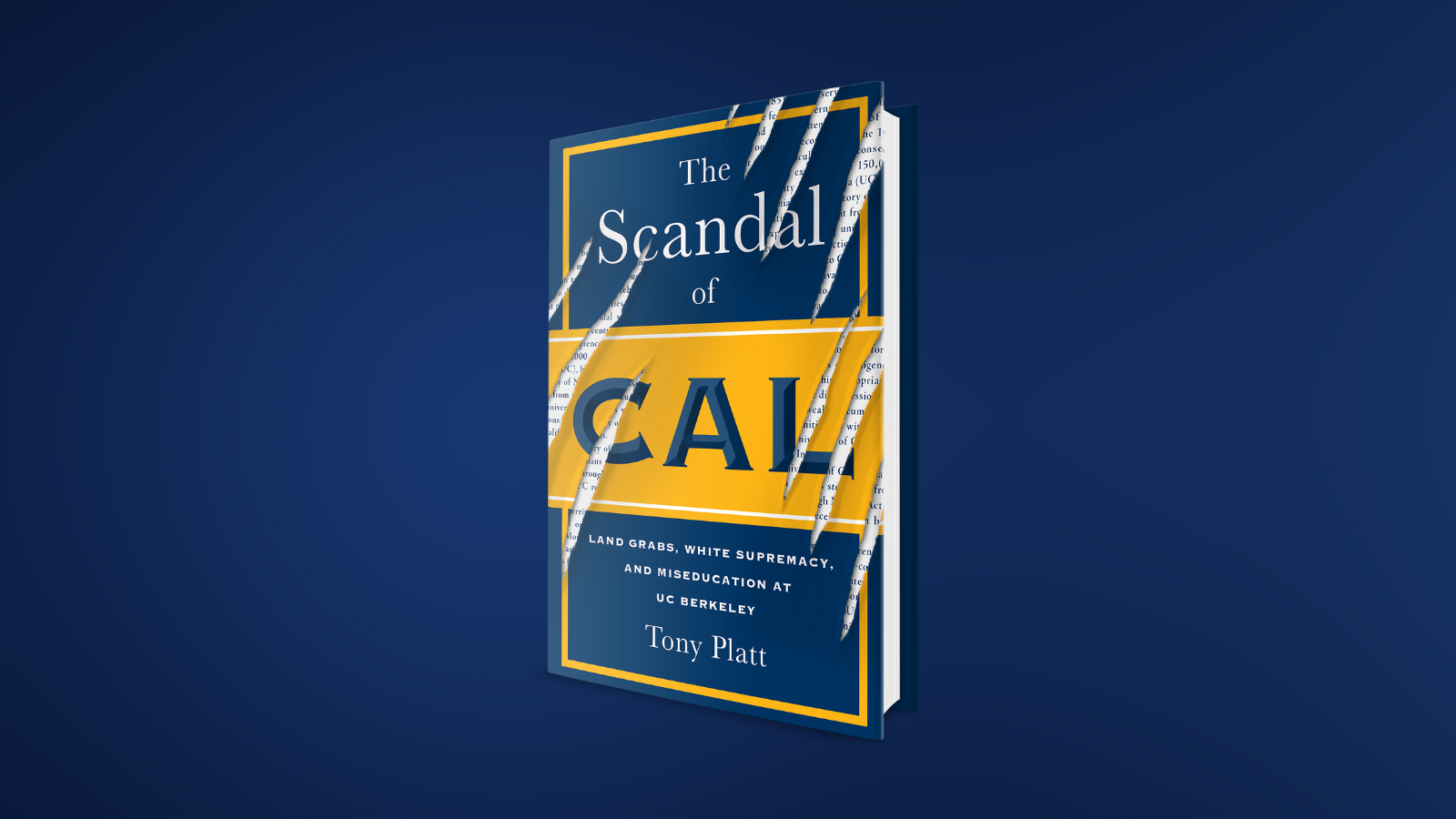FOR IMMEDIATE RELEASE
The Scandal of Cal is an Eye-Opening Call-to-Action for Restorative Justice at UC Berkeley
This unflinching critical history shines light on the university’s culpability in eugenics, Native American dispossession and erasure, and US imperialism abroad.
“Many have written of the horrors of genocide of the Indigenous peoples of Northern California, but none as affecting as Tony Platt. The Scandal of Cal is a template for scrutinizing other land-grant universities with their pasts of land grabs and white supremacy.”
—ROXANNE DUNBAR-ORTIZ, author of An Indigenous Peoples’ History of the United States
BERKELEY, CALIF. — Esteemed as an incubator of progressive thought, the flagship campus of the University of California in Berkeley, also known as Cal, styles itself as an agent for social justice—but within its walls and buried beneath its campus lies evidence of the university’s unreconciled histories with scientific racism, the military-industrial complex, and Native American genocide. In The Scandal of Cal: Land Grabs, White Supremacy, and Miseducation at UC Berkeley, long-time academic and research scholar Tony Platt unearths the university’s settler-colonial origins and traces their reverberating impacts to today.
In this meticulously researched book—the first critical history of UC Berkeley—Platt excavates the origins of the university and its founding worldviews. Setting the institution’s history within the context of what he describes as “The California Story”—a mythologized, whitewashed public narrative of the state’s past—The Scandal of Cal reveals how the maelstrom of eugenics, Manifest Destiny, and American imperialism defined UC Berkeley’s original ideological mission and normalized the university’s devastating toll on humanity, from the Indian Wars to Hiroshima and beyond.
Platt’s work calls attention to the ongoing harms of these living histories, dealing a forceful blow to narratives perpetuated by the university’s Brand Protection arm. Today, UC Berkeley sits on the largest collection of unrepatriated Native American human remains in the United States—possibly the world—despite its obligations under federal mandate to return ancestors to their tribal descendants. Institutional memory, meanwhile, valorizes white supremacist forerunners in campus architecture and rosy origin stories, obscuring the personal culpability in historic wrongs of such figures as museum benefactor Phoebe A. Hearst, nuclear scientist Robert J. Oppenheimer, anthropologist Alfred Kroeber, and others.
“Academia functions not just as a servant of power but as a powerful institution in its own right,” argues Platt, whose work serves as a truth-telling model for other universities. Cautioning readers that “silence is habit-forming,” Platt ends his book with a hard question: What would it take for Berkeley to live up to its reputation as an agent of social change, to repair harms, and to restore public trust?
Advance Praise for The Scandal of Cal
“An important addition to ongoing calls for social, political, and epistemic justice for Native peoples in California and beyond, The Scandal of Cal reminds us that a historical narrative which honors Native American resistance and sovereignty helps us to envision decolonized futures.”
—CUTCHA RISLING BALDY, author of We Are Dancing for You: Native Feminisms and the Revitalization of Women’s Coming-of-Age Ceremonies
“Writing with prosecutorial fervor, Tony Platt marshals extensive research and six decades of personal experience to charge the University of California, Berkeley, with moral errors of deep significance—sins of both commission and omission.”
—BENJAMIN MADLEY, author of An American Genocide: The United States and The California Indian Catastrophe, 1846–1873
“Platt peels back the façade of an institution that professes a commitment to social justice and shrouds itself in a legacy of student activism. His central argument is broadly applicable across academia.”
—DAMON B. AKINS, co-author of We Are the Land: A History of Native California
“A rich and rightly disturbing addition to the emerging literature of the sordid side of the history of the West. Platt’s scholarly and moving volume may well nudge the overlords of Berkeley to begin the slouch toward their atonement.”
—JOHN BRISCOE, Distinguished Fellow, Berkeley Law, recipient of the Oscar Lewis Award for Western History
“This is a land acknowledgement.”
—RUTH WILSON GILMORE, author of Abolition Geography: Essays towards Liberation
Media Contact:
Kalie Caetano
Marketing & Publicity Director
For review copies, feature interest, and interview and image requests, get in touch: publicity@heydaybooks.com

Tony Platt is a Distinguished Affiliated Scholar at UC Berkeley’s Center for the Study of Law and Society and co-founder of the Berkeley Truth and Justice Project. He is the author of thirteen books, including Grave Matters: The Controversy Over Excavating California’s Buried Indigenous Past (Heyday, 2011) and Beyond These Walls: Rethinking Crime and Punishment in the United States (St. Martin’s Press, 2019). His work has been translated into German, Spanish, Italian, and Japanese. Platt has also written for the Los Angeles Times, San Francisco Chronicle, Berkeleyside, Truthdig, The Nation, Salon, and The Guardian and his commentaries have aired on NPR. He was interviewed by ProPublica and NBC reporters during their 2023 investigation of UC Berkeley’s noncompliance with the federal Native American Graves Protection and Repatriation Act (NAGPRA). He lives in Berkeley and Big Lagoon, California.
A Q&A with Tony Platt
Your book focuses on Cal’s early years—in particular the ways the university built its reputation on conquest, racist thought, and violence. What makes this history important to confront today? What is the cost of saying, “That’s all in the past,” and ignoring it?
We know from the history of atrocities around the world that the past never rests in peace, and that the decision to remember is always in motion and subject to revision. States and institutions do their best to invent an origins story that is heroic and inspirational. The University of California exemplifies this tendency: replacing a history of land grabs, white supremacy, and hoarding of Indigenous human remains and artifacts with a self-serving narrative about the inevitability of Progress and Civilization. Meanwhile, the university continues to benefit from land acquired in the wake of genocide; to celebrate founding fathers and mothers who made their fortunes and fame from war and conquest; and to enshrine academics who polished their careers by making white supremacy respectable. The past is very much present. No doubt it will be disturbing for Cal to excavate what it imagines to be its settled origins story. But I think it is more disturbing to leave actual history comfortably shrouded in amnesia.
You pay special attention to Cal’s history of hoarding Indigenous remains. The university still has the remains of over 9,000 Native people, likely more than any other American academic institution. What do you hope your book will change about this situation?
The university has failed for thirty-two years to comply with federal legislation that required it to publish an accurate inventory of its plundered Indigenous collections in order to facilitate repatriation to tribes. Why such stubborn resistance despite decades of Native organizing, from polite requests to rambunctious militancy, and recent efforts by the California legislature to make Cal live up to its legal and ethical responsibilities? The Scandal of Cal argues that the university’s hoarding problem has deep institutional and structural roots that necessitate systemic solutions.
What do you hope Cal alumni and students will do after reading this book?
Hopefully, this book will empower activists to make Berkeley live up to its public relations brand as a public service university and catalyst of social justice. California’s tribes and Native organizations must play a central part in this reckoning. After all, their homelands, blood, ancestors, patrimony, and knowledge are central to the history of the region, state, and university.


